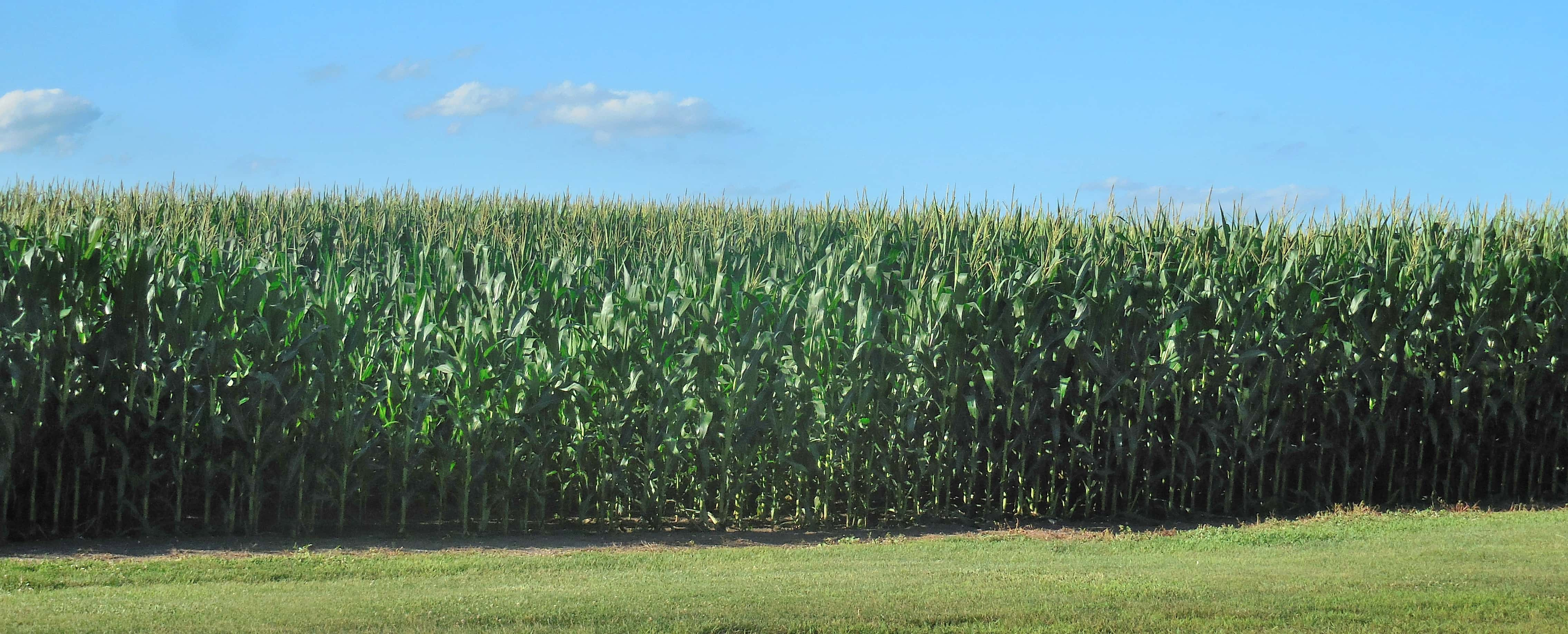
For the last couple years, there’s been some unease in the farming community regarding the stability of the agricultural economy, particularly in light of the trade war with China.
However, ISU Extension Farm Management Specialist for Central Iowa Steve Johnson says this year’s numbers aren’t as bad as they’ve seemed. He points out that people want to compare today’s economy to what the country saw in 2013, noting that the net farm income has decreased by around 40% since then. He clarifies, though, that year saw difficult conditions worldwide that artificially brought up the crop prices for Iowa farmers. “The 2019 U.S. farm economy is right about average for the last 20 years. But the reality is, we had record net farm income in 2013. So it will probably take some sort of major weather problem that builds over multiple years to think that we’re going to have a significant increase in U.S. corn and soybean prices. The good news is, we’ve got record demand for feed (and) livestock production. And I think animal protein is going to be the success story in agriculture for 2020.”
Johnson also says that while the farm economy is perhaps better than people realize at the moment, things are still more difficult now than in the past due to yield concerns and increased competition internationally. He adds, the federal farm bailout has gone a long way towards stabilizing net farm income, but many farmers are sitting on near record surplus because there’s not enough of a market for their grain. He’s hopeful that with the impending trade deal with Japan and the potential agreement with Mexico and Canada, that issue will be resolved, even without the China market.
To learn more about the current farm economy, listen to today’s Perry Fareway Let’s Talk Dallas County program on air and at RaccoonValleyRadio.com.

